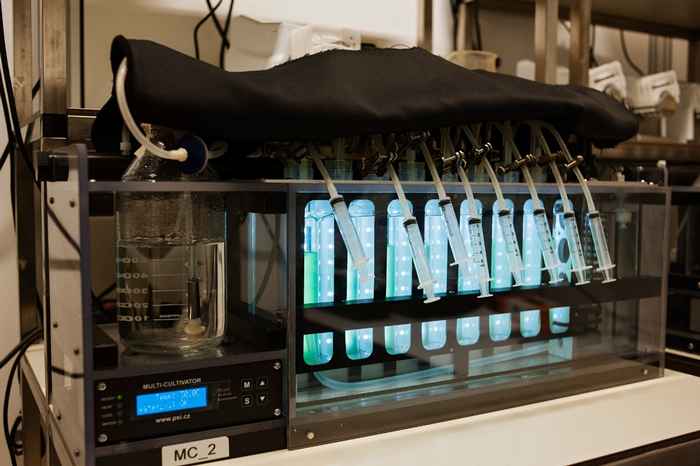Bacterial Cell Biology & Physiology Groups
Group leader Prof. Leendert Hamoen
Bacteria play a central role in our existence. They help to digest our food, and they are used to preserve food. Yet, they can spoil food and can poison us. They cause life-threatening infections but also produce the antibiotics that save us. Microorganisms play key roles in nature as they help the global recycling of nutrients and energy. Considering their importance, it is surprising how little we know about their workings.
The Bacterial Cell Biology & Physiology (BCBP) groups investigate key processes including cell division, cell envelope synthesis, RNA based regulation, chromosome structure, antibiotic mode-of-action, and they work on more applied questions including the production of enzymes and beneficial compounds, novel assays for antibiotic screening and green biotechnology.
Our main model systems are Escherichia coli, Bacillus subtilis, Lactococcus lactis and the cyanobacterium Synechocystis.
In our groups we employ a broad range of techniques including fluorescence microscopy, laboratory evolution and high-throughput screening methods, next-generation sequencing, stoichiometric genome-scale constraint-based modelling, and multi-omic, molecular biology and biochemical methods.
For more information, you can contact us or visit our personal websites.
Gaurav Dugar, Filipe Branco dos Santos & Leendert Hamoen



